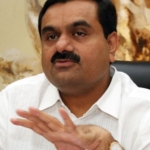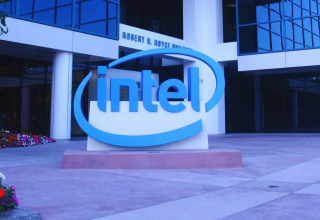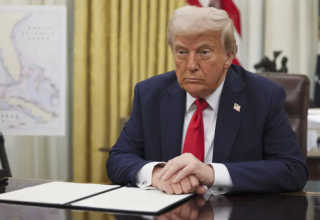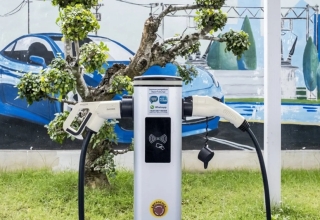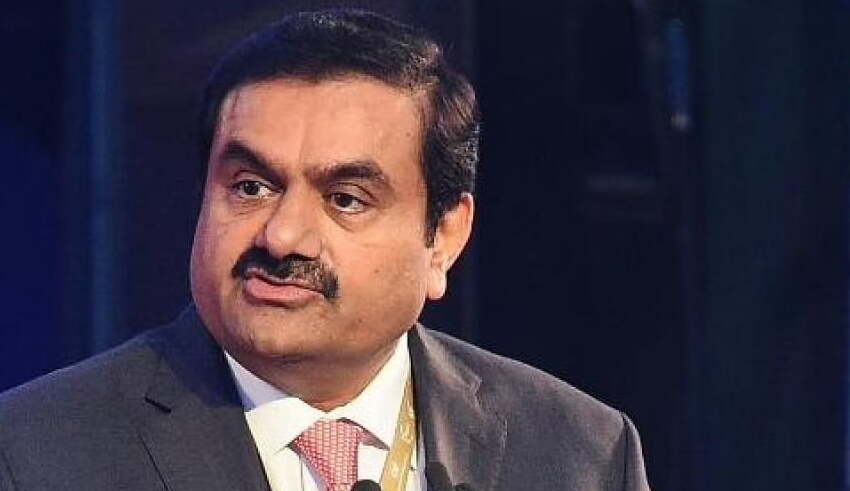
The school dropout who became one of the world’s wealthiest men, India’s Gautam Adani, suffered a surprise loss when his flagship firm canceled a blockbuster share sale in response to an assault by a small US investment firm over his business practices.
The decision was made after Adani’s enterprises lost about $86 billion on the stock market as investors fled the tycoon’s conglomerate of ports, coal mining, food industries, airports, and, most recently, media.
On Tuesday, January 31, the Adani Group looked to have repelled the onslaught by the New York-based short seller Hindenburg and rallied investors behind the $2.5 billion share offering of Adani Enterprises, its main company.
But Adani was unable to halt the market sell-off, and Adani Enterprises, the crown jewel, lost more than a quarter of its value, burdening investors who participated in his offering with enormous paper losses.
It was a rare defeat for a man who, in recent years, had appeared unstoppable.
Adani, from Gujarat in western India, began his career as a commodities trader and built his empire from scratch. India’s Prime Minister Narendra Modi is from the same state as his opponents, who have long scrutinized their ties.
Forbes ranked Adani as the third wealthiest person in the world with a net worth of $127 billion, behind only Bernard Arnault and Elon Musk. On Thursday, February 2, he had fallen to sixteenth place as his firms’ market losses reached $100 billion.
He is married to the dentist Priti Adani and has two sons, Karan and Jeet, who are also active in the company’s operations.
Despite his wealth, the 60-year-old from a middle-class textile family was far less well-known than other billionaires in a country where many people inherit their fortunes.
According to a person with direct knowledge of his business dealings, he has a “very hands-on” business approach.
As Adani’s empire grew, the stock prices of his seven publicly traded companies soared, in some cases by more than 1,500% over the past three years due to aggressive expansion. He refuted claims made by Modi’s opponents that he benefitted from their tight relations.
Keep Reading
The $220 billion Adani Group empire has attracted foreign investment in recent years – for instance, France’s TotalEnergies partnered with Adani last year to create the world’s largest green hydrogen ecosystem.
Adani has recently adopted a proactive approach to his public image by conducting interviews with local and international media.
Adani appeared on a popular Hindi television show called People’s Court last month, sitting in a mock witness box and answering questions about his conglomerate with an unusual level of scrutiny.
He described himself as a “shy individual” and attributed his rising popularity in part to the political attacks he has endured.
The Modi administration has denied allegations that it favors Adani.
The Adani Group responded to a scathing attack by Hindenburg over its use of offshore entities in tax havens and its debt levels – estimated by Jefferies to be $23.34 billion – with a 413-page defense.
The report is a “calculated attack” on India and its institutions, according to the statement. A top official compared the decline of the company’s shares to a colonial-era bloodbath, stating that investors were behaving similarly to Indian troops who, on instructions from British overlords, opened fire on fellow people.
Later, numerous Indians expressed their support for the persecuted businessman via social media. On Twitter, #IndiaStandsWithAdani was among the top trending topics.
This week, as market losses increased, Adani appeared unperturbed. He arrived in Israel to assume formal control of the Haifa port he had acquired in partnership with a local company. At the same event as Israeli Prime Minister Benjamin Netanyahu, he promised additional investments in Israel.
Adani is not unfamiliar with controversies. Most recently, he sued the state government and fishermen leaders for months of protest against the construction of a $900 million port in Kerala, southern India. And in Australia, environmental groups have campaigned for years against Adani’s Carmichael coal mine project in Queensland due to worries over carbon emissions and the Great Barrier Reef.
Following market volatility, Adani stated on February 1 that his company felt it was not “morally correct” to proceed with the share sale. However, he stated in a statement to the exchange that the firm was financially solid and that the withdrawal of the share offering would have no effect on its future plans.

